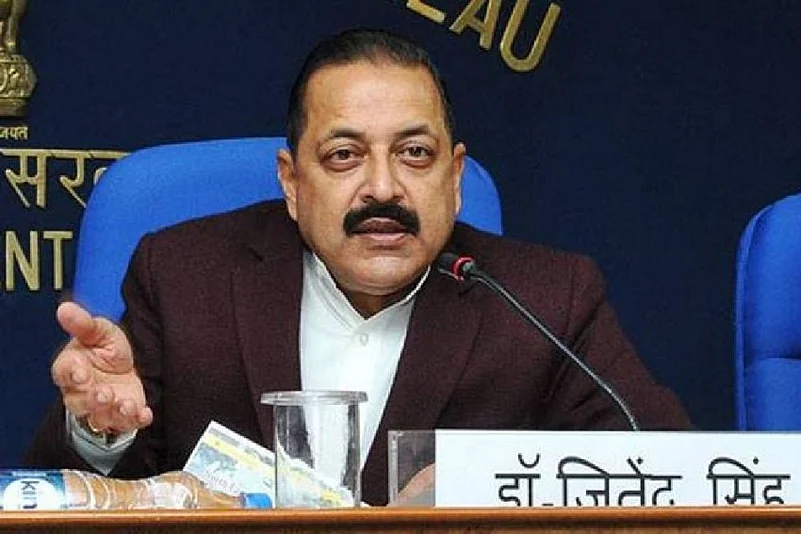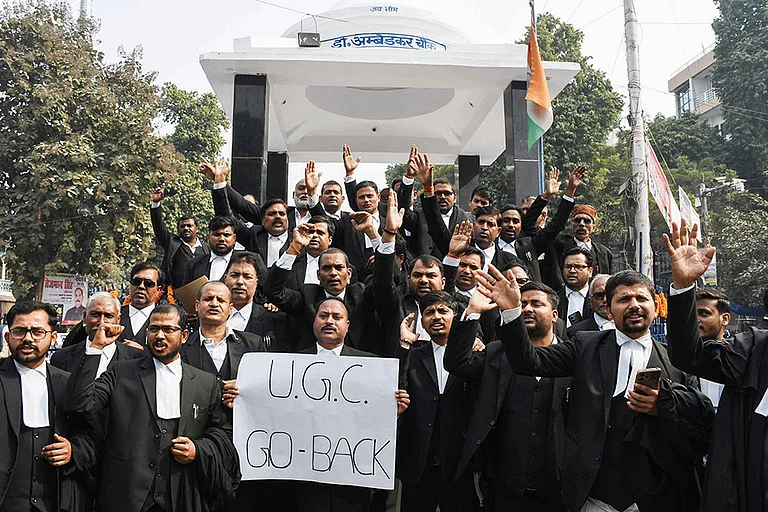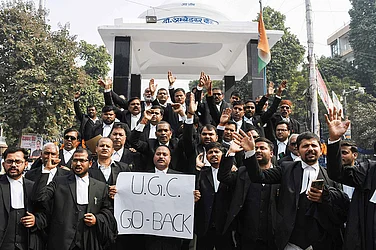Union minister Jitendra Singh on Tuesday said RTI cases recorded a higher disposal rate during the COVID period of the last six months, compared to the same period last year, according to an official statement.
Briefing on the completion of 15 years of the Right to Information (RTI) Act, which came into force on October 12, 2005, he said in the last financial year, from March to September, 76.49 per cent of RTI cases were disposed of.
In the current financial year, the disposal rate went up to as high as 93.98 per cent in the same period, Singh, the Minister of State for Personnel, said.
In the same period last year, 8,962 of a total of 11,716 registered cases were disposed of.
"This year, 8,015 cases were disposed of out of a total of 8,528," the statement issued by the personnel ministry said.
The Central Information Commission (CIC) has worked assiduously even during the lockdown period and despite the challenges posed by the pandemic, the higher disposal rate of cases could be achieved due to extensive use of e-office and use of latest technological tools for facilitating the hearings, the minister said.
"The CIC also ensured that audio and video hearings were resorted to, to pave the way for smooth conduct of the hearings and facilitate the participation of both the appellant and the respondent," he said.
In this manner, the commission ensured continuous disposal of cases, Singh added.
It was observed at a meeting that the RTI Act has contributed immensely to transparency and availability of information to the public, despite several challenges faced over the years, including repetitive RTI applications, issues related to personal grievances, and the like which has inflated the number of RTIs and appeals, the statement said.
"From time to time, the CIC has been holding seminars, workshops, and annual conventions to ensure interactions with RTI activists, the general public, and the CPIOs and First Appellate Authorities for a proper appreciation of the provisions of the RTI Act," it added.
Through this mechanism to obtain feedback, qualitative improvements have been brought about amongst all the stakeholders, the statement said.
During the pandemic, video meetings were held with the stakeholders, including RTI activists and former chief information commissioners and information commissioners, to assist the commission in moving forward with the disposal of cases, it said.
"The commission considered the possibility of holding seminars/webinars/workshops as soon as feasible to further strengthen and streamline the implementation of the RTI Act," the statement added.


























